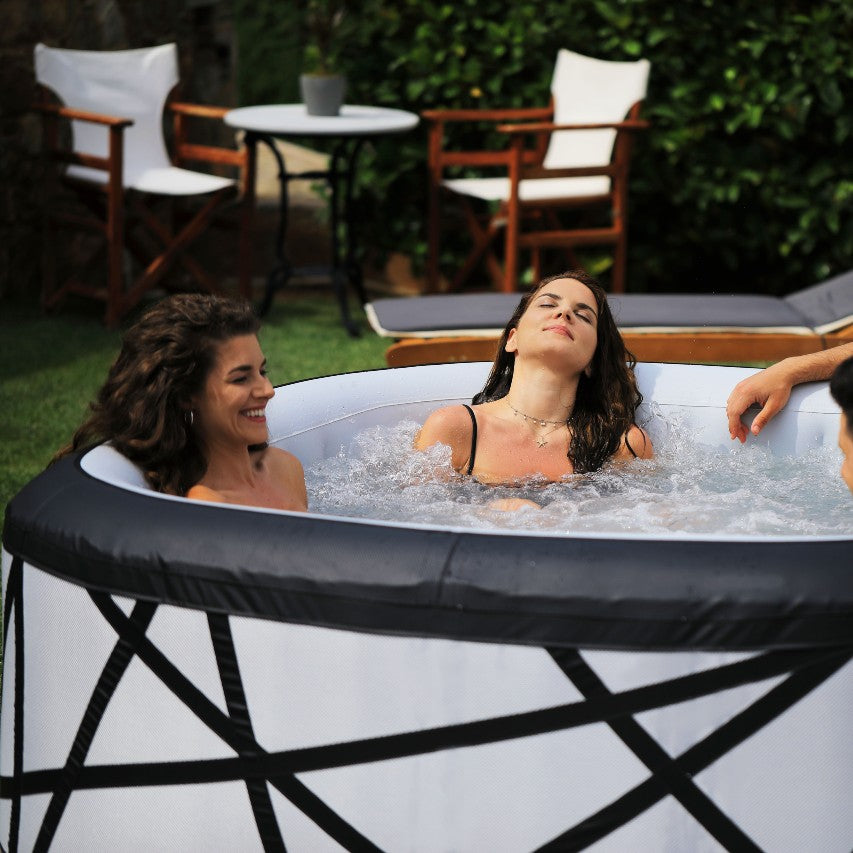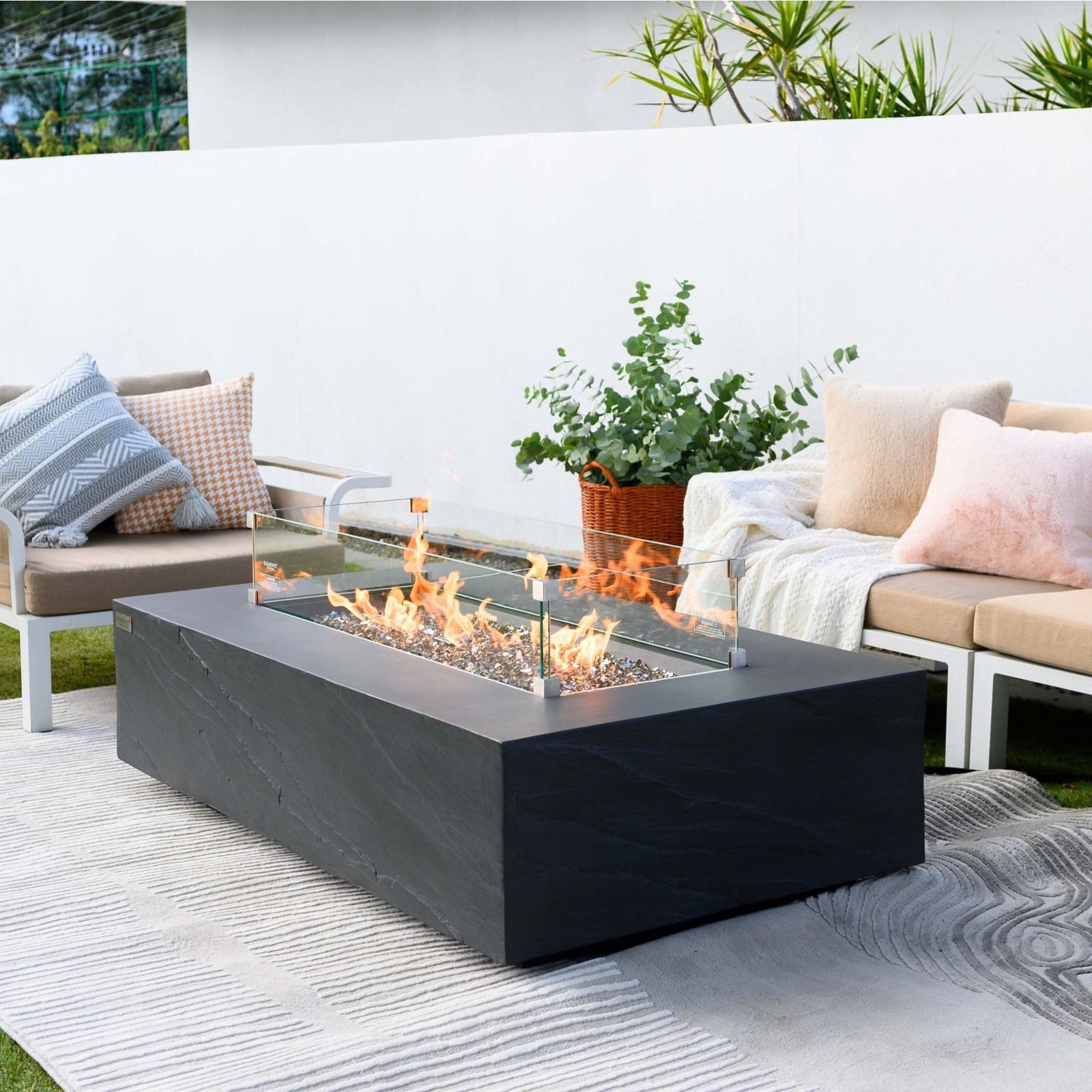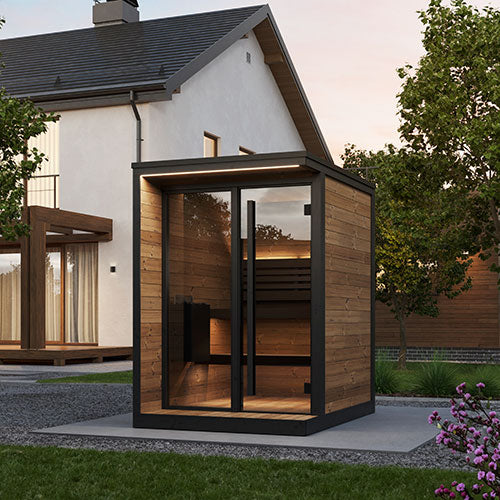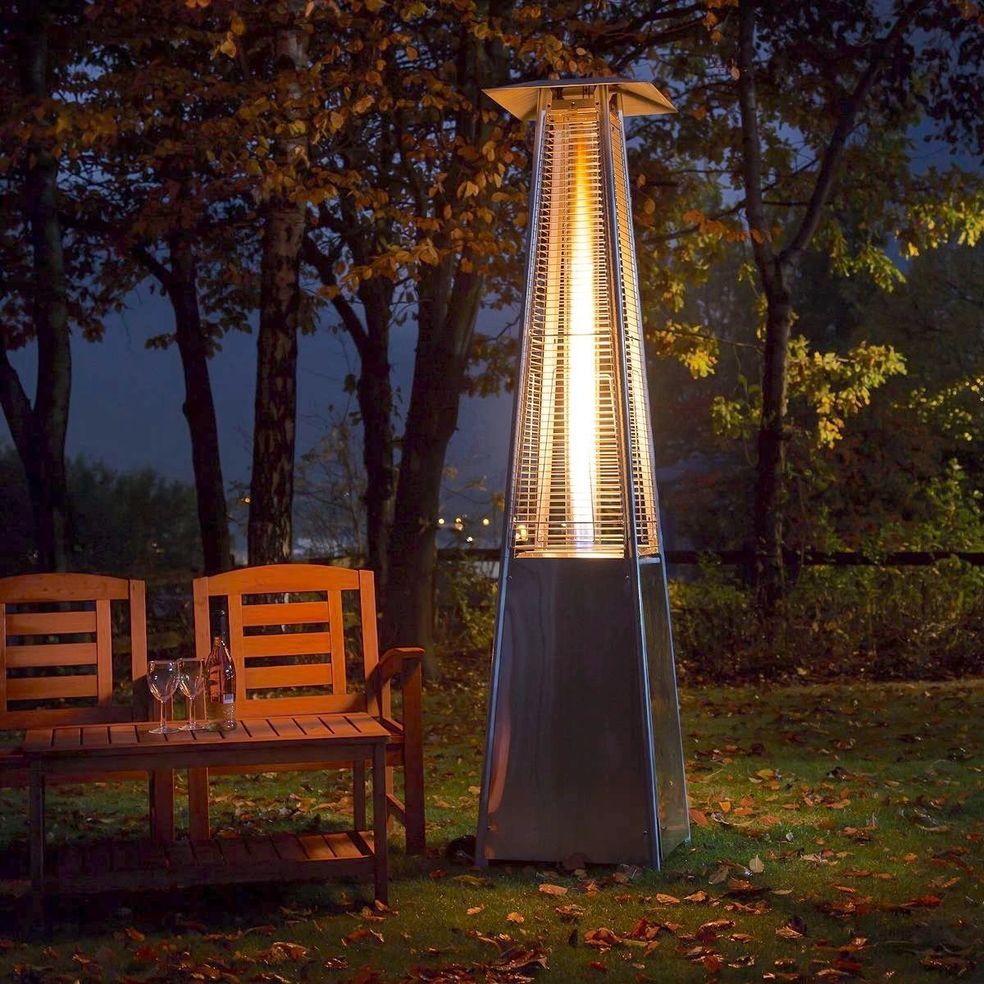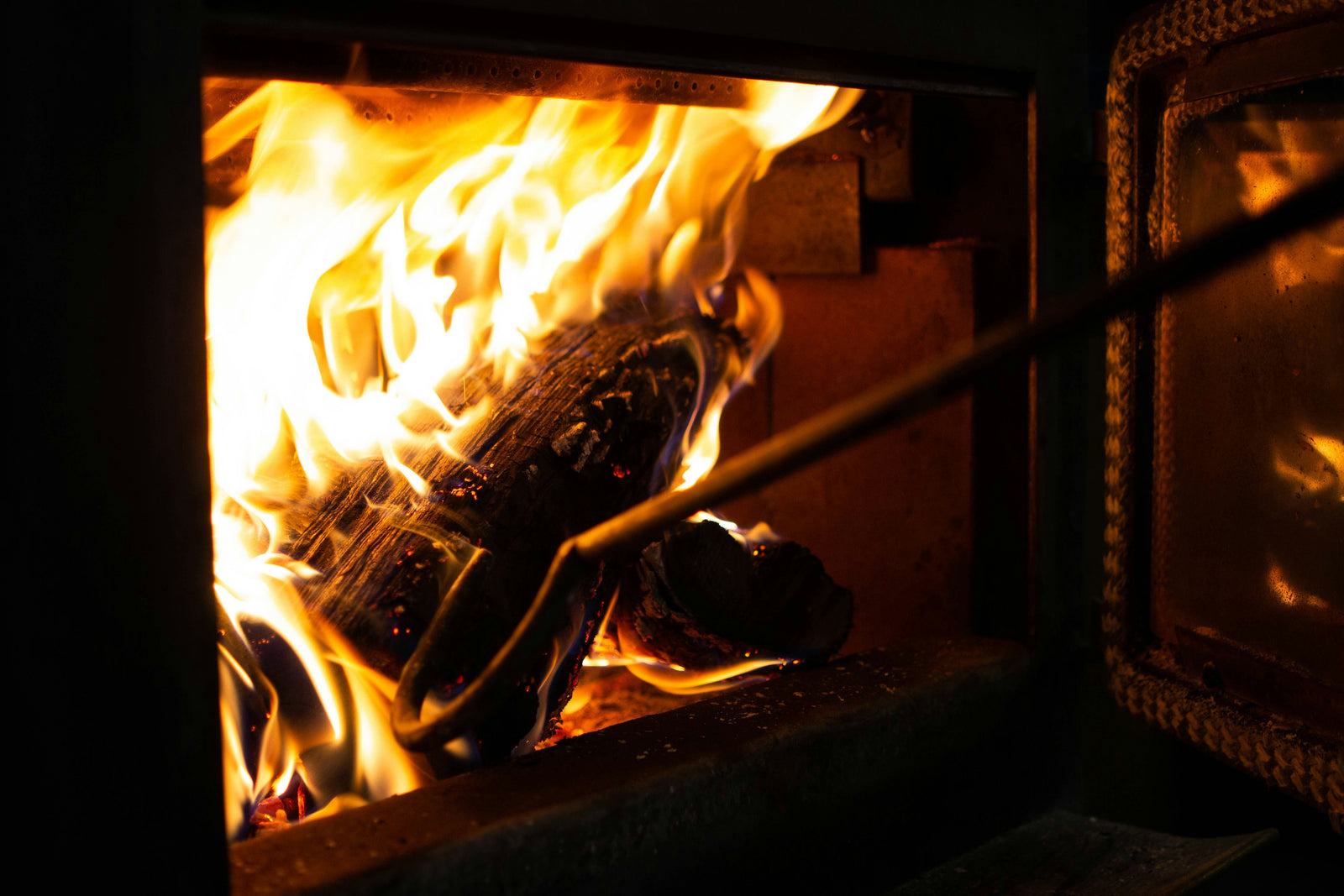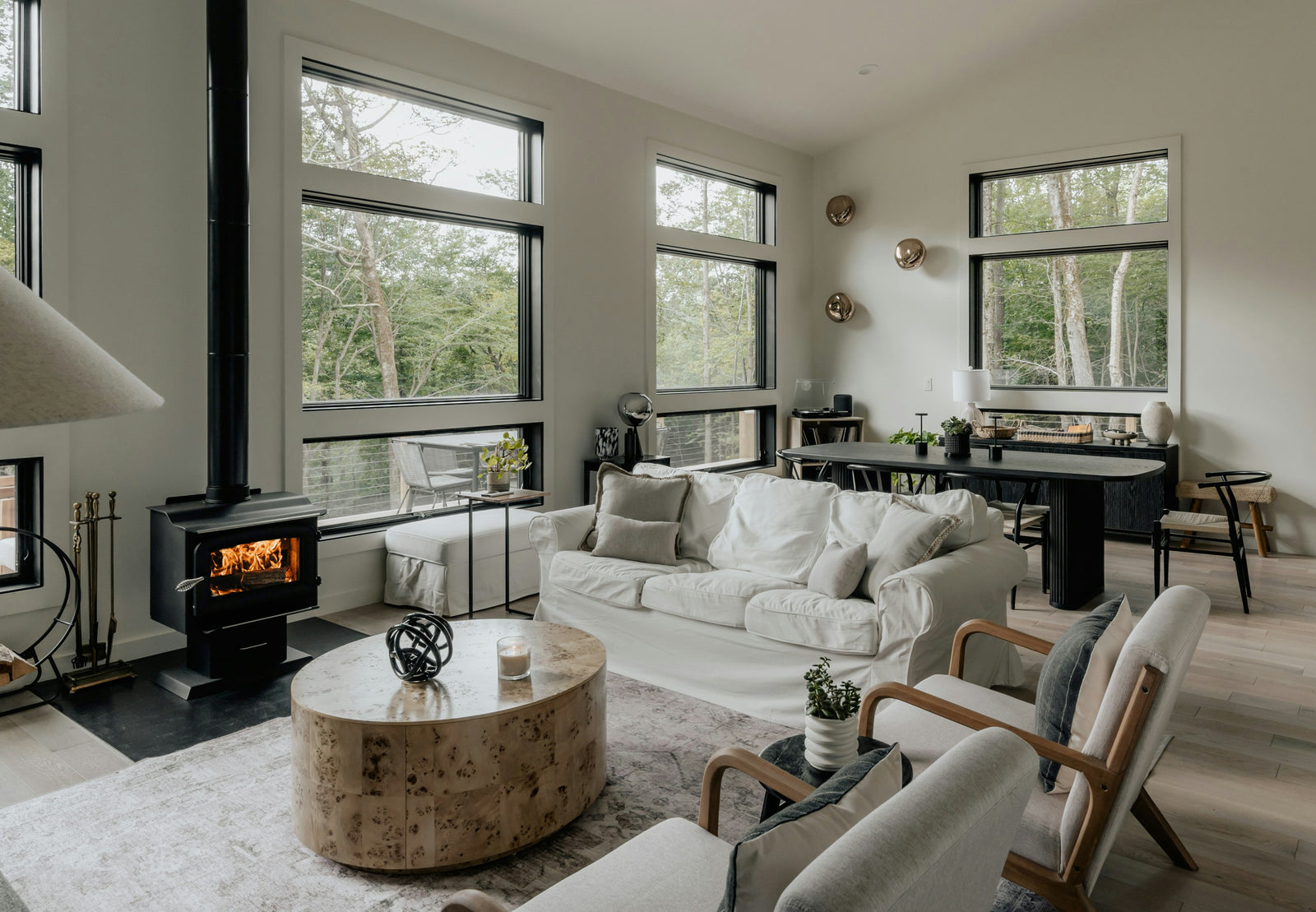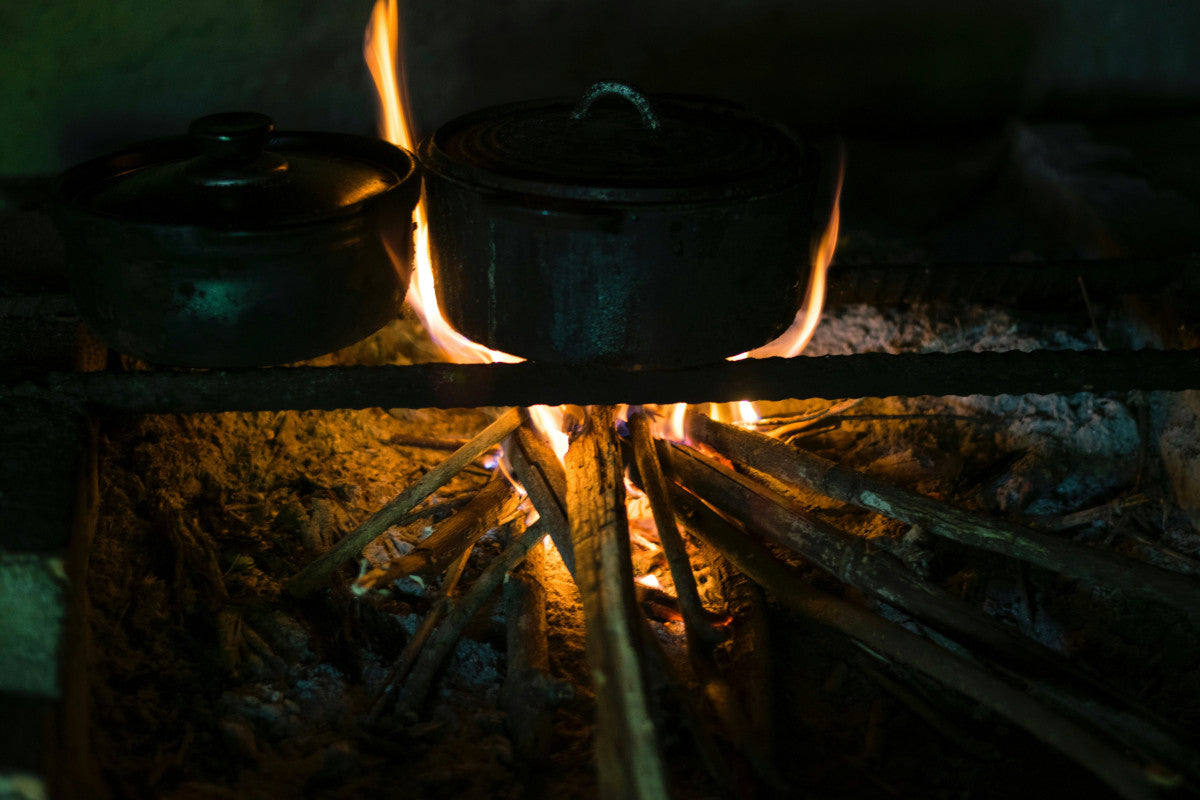There’s nothing worse than diving into your swimming pool on a sweltering summer day, only to feel as if you’ve jumped into a hot tub.
Unfortunately, this is the reality for many homeowners in climates like Arizona, Nevada, California, and other locations where multi-week triple-digit heat waves are the norm from June to August.
The good news is you can regain control of your pool’s temperature with one of our pool chillers here at Outdoor Direct. We’ve sourced our equipment from the most trusted brands in the industry like AquaCal and boast the lowest prices online.
But, how does a pool chiller work - and is it really worth the investment?We’ll guide you through the different types of coolers and their inner workings below. Just know this, though: pool chillers are worth every penny when it comes to restoring the comfort and enjoyment of your backyard.
Discover the perfect swimming pool experience at Outdoor Direct today!
How Does a Pool Chiller Work?
So, how does a pool chiller work? Really, all you need to know is that these pieces of equipment remove heat from your pool in an efficient manner, restoring the temperature to a more comfortable level. This allows you to actually use your pool as an escape from the heat.
The core function of a pool chiller is to extract heat from the water and release it into the air. It relies on the principles of thermodynamics, but there are mechanical systems at play, too.
But, just as with the similar question of how a pool heat pump works, it all depends on the style itself. Let’s look at how each type of pool chiller works below to help you understand which is best for your unique situation.
Evaporative Cooling Method

Evaporative pool chillers use the principle of evaporation to cool the water. The system draws warm pool water through a cooling tower where it is exposed to air.
Then, the water is spread over a large surface area and air is blown over it. The water evaporation process removes heat from the remaining water. The cooled water is then recirculated back into the pool.
Advantages:
- Energy-efficient and cost-effective.
- Works well in dry climates, like Arizona or Nevada
Disadvantages:
- Less effective in high humidity conditions, such as Florida.
- Requires regular maintenance to keep cooling pads clean.
Mechanical Refrigeration Method

Another popular style is the mechanical pool chiller, which works quite similarly to a traditional air conditioning system. These types of chillers use refrigerant to absorb heat from the pool water.
The refrigerant is compressed and circulated through a heat exchanger, where it absorbs heat from the pool water.
The heated refrigerant is then passed through a condenser, where the heat is released into the air. At this point, the now-cooled refrigerant returns to the heat exchanger to repeat the process.
While it’s a bit more complex, the end result is more or less the same - a cooler, more enjoyable swimming pool temperature.
Advantages:
- Highly effective in various climates regardless of humidity.
- Suitable for large residential and commercial pools.
Disadvantages:
- Higher initial cost and energy consumption.
- More complicated system requiring professional maintenance.
Hybrid Cooling Systems

In looking at the pros and cons of evaporative and mechanical coolers, you’re probably wondering if there’s a style that offers the best of both worlds. That’s where hybrid chillers come in.
These combine the properties of each system for maximum efficiency. The system will automatically switch between methods or combine them based on the ambient temperature and humidity.
Advantages:
- Efficient cooling in diverse weather conditions.
- Balances energy consumption and performance.
Disadvantages:
- More expensive and complex.
- Requires more maintenance.
Do Pool Chillers Really Work, Though?
You know how pool chillers work, but what can you expect in terms of performance? Do pool chillers really work? We want to help you get a better understanding of why these are worth the investment but also help you set realistic expectations. Here’s what you need to know…
Effectiveness in Different Climates
We touched on how effective pool chillers are in various climates already, but this is an important consideration as you start shopping for one.
Remember that an evaporative chiller will work best in hot, dry climates as the low humidity levels support the evaporation process. In contrast, mechanical chillers work well regardless of humidity levels, making them suitable for dry and humid regions alike.
Now, if your humidity ranges from dry to moist, it may be worth investing in a hybrid chiller. This way you can enjoy optimized efficiency and performance as the weather fluctuates.
How Long Does a Pool Chiller Take to Work?
One of the most common questions we get asked is how long it takes pool chillers to work. There are so many moving pieces to consider, including:
- Initial Water Temperature: If the pool water is extremely warm, it will take longer to reach the desired temperature.
- Ambient Temperature and Humidity: Higher temperatures and lower humidity levels improve the efficiency of evaporative chillers, speeding up the cooling process
- Chiller Capacity: The size of the chiller relative to the pool volume significantly impacts cooling time. Larger, more powerful chillers will cool the pool faster.
- Usage Patterns: Continuous use of the chiller, especially during peak heat hours, will ensure the pool maintains a comfortable temperature more quickly and consistently.
At any rate, you can reasonably expected evaporative chillers to reduce pool temperature by 10-15 degrees Fahrenheit in 12-24 hours, depending on conditions.
In contrast, a mechanical chiller is typically more efficient. It can achieve similar temperature reductions in 8-12 hours. That being said, let’s get into some additional tips on picking the perfect chiller.
Picking the Right Swimming Pool Chiller

Making sure your swimming pool chiller works involves careful sizing relative to your climate and the pool itself. However, there are also a few key features you might want to consider, and it’s important to choose the right brand as well.
Sizing Your Chiller
So, what size pool chiller do I need? We have an intuitive size chart that makes it easy to pick your pool cooler size, but you can also do it the old-fashioned way. Start by calculating pool volume:
Length x Width x Average Depth x 7.5 = Pool Volume in Gallons
From there, it’s just a matter of determining your cooling requirements. Figure out how many degrees you want to lower your pool temperature. Account for the typical weather patterns in your area as well, as hotter climates will require more powerful chillers.
At this point you can start to compare different BTU (British Thermal Units) ratings. The higher the BTU rating, the more effective the chiller will be at cooling larger volumes of water quickly. Here are some general guidelines:
BTU Recommendations:
- Small Pools (up to 15,000 gallons): 40,000 - 60,000 BTUs
- Medium Pools (15,000 - 30,000 gallons): 60,000 - 100,000 BTUs
- Large Pools (over 30,000 gallons): 100,000+ BTUs
When in doubt, though, reach out. Our customer service team is always available to help you size your cooler to perfection, eliminating any guesswork or uncertainty.
Key Features to Consider
Just as with the best pool heat pump, the best pool cooler is equipped with a variety of features that make it easier to use. That includes user-friendly digital displays and control panels. Better yet, pick a chiller that allows you to control temperature straight from your smartphone.
Energy efficiency is among the most important considerations. This is rated as COP (Coefficient of Performance). A higher COP rating means the chiller is more energy efficient. While it may cost more upfront you’ll save money in the long run.
Noise levels play a role in how enjoyable your pool is as well. Take note of the decibel (dB) rating of the chiller. Lower dB ratings mean quieter operation, which is important for residential areas where noise could be a disturbance.
Of course, build quality should be considered as well. Make sure the chiller is crafted from strong materials that can withstand prolonged exposure to water and the elements. Titanium heat exchangers are a good indicator of durability.
For additional peace of mind, prioritize units backed by comprehensive warranties, which often reflect the manufacturer's confidence in their product's longevity. Speaking of manufacturers…
Reputable Brands
There are so many different brands at your fingertips thanks to the digital age, but not all manufacturers produce the same quality.
We think AquaCal is the best brand because they have specialized in pool heating/cooling equipment for more than 40 years and have earned a reputation for consistently delviering top-tier solutions. The brand stands behind its equipment with impressive warranties and is known for its helpful customer service, too.
Gulfstream and Madimack are also great brands if you’re shopping on a budget but don’t want to compromise on quality. But beyond the brand itself, where you actually purchase the chiller matters as well. Your search ends here at Outdoor Direct.
The Perfect Swimming Pool Experience is a Click Away at Outdoor Direct!

Outdoor Direct is your one-stop shop for everything you need to spend more time enjoying the outside world, from patio essentials to pool equipment.
We’re proud to present the best selection of pool coolers from top brands so you can restore your swimming pool to a more comfortable temperature range. You’ll also gain access to the lowest prices online as a result of price matching, free shipping, and no sales tax policy.
The Tropicool series is our most popular range, which can operate for as little as 50 cents an hour! These are mechanical-style coolers that are not affected by humidity. The titanium heat exchanger will provide long-lasting performance even in harsh water chemistry.
They can chill cold plunge pools to as low as 40°F and feature a SMART control panel with a 24 24-character full-text display for effortless control. Better yet, control the device from your smartphone with PoolSync!
But, how much is a pool chiller? We have models starting at just over $2,000! Our more affordable options still pack a punch from a performance standpoint, and you’re getting the reliability of a brand like Gulfstream or Madimack.
We aren’t just the #1 place to buy an AquaCal chiller, though. We also have a pool heater chiller combo collection, featuring the affordable TropiCal pool heater lineup and sophisticated HeatWave SuperQuiet pool heater series.
So, take a look around and see what we have in store for you - or, get in touch with our customer service team and get a personalized recommendation based on your unique needs.
Final Thoughts on How Pool Chillers Work
So, how does a pool chiller work? We hope this overview has left you with a clear understanding of the different options at your disposal and the benefits of each.
Be sure to follow our advice on sizing, and account for all the other important considerations in picking a pool cooler. This is something we can help you navigate here at Outdoor Direct, so don’t be shy.
The right chiller can make a dramatic difference in how you enjoy your time outside, so don’t take this decision lightly. Stay cool and comfortable all summer long with a pool chiller from Outdoor Direct today!

